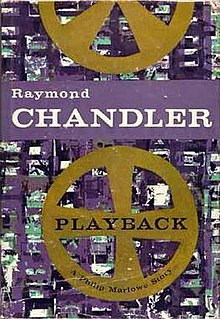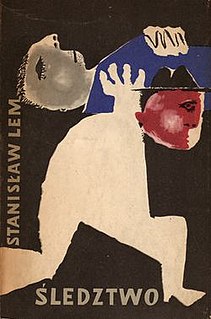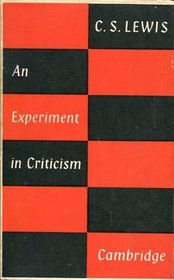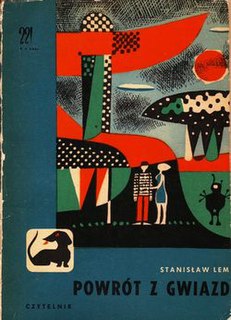This article relies largely or entirely on a single source .(September 2018) |
This article includes a list of references, related reading or external links, but its sources remain unclear because it lacks inline citations .(September 2018) (Learn how and when to remove this template message) |
 | |
| Author | Peter Swirski |
|---|---|
| Subject | Literature, Cultural studies |
| Publisher | McGill-Queen's University Press |
Publication date | 2005 |
| Pages | 224 |
| ISBN | 978-0-7735-2992-2 |
| OCLC | 60739494 |
From Lowbrow to Nobrow is a book on literary culture written by Peter Swirski, professor of American literature and culture at the University of Missouri, St. Louis and Research Director at the Helsinki Collegium for Advanced Studies. Swirski is the author of twelve books of American literature and culture, Stanislaw Lem, and theory of knowledge.

Peter Swirski is a Canadian scholar and literary critic featured in Canadian Who's Who. As a specialist in American literature and American Studies, he is the author of seventeen books, including the prize-winning Ars Americana, Ars Politica (2010) and the staple of American popular culture studies From Lowbrow to Nobrow (2005). His other studies include American Utopia and Social Engineering (2011), American Political Fictions (2015), and the digital-futurological bestseller From Literature to Biterature (2013). He is also the leading scholar on the late writer and philosopher Stanisław Lem.
Having gone through several printings, the book is by now a staple in American popular culture studies. It furnishes a series of analyses of the relation of popular fiction to high literary culture. In his work, Swirski challenges the highbrow vs lowbrow categorization of literary culture, and popular culture in general by focusing attention on what he terms the nobrow taste culture, whereby "authors simultaneously target both extremes of the literary spectrum".
Popular culture studies is the study of popular culture from a critical theory perspective combining communication studies and cultural studies. The first institution to offer bachelor's and master's degrees in Popular Culture is the Bowling Green State University Department of Popular Culture founded by Ray B. Browne.

Used colloquially as a noun or adjective, "highbrow" is synonymous with intellectual; as an adjective, it also means elite, and generally carries a connotation of high culture. The word draws its metonymy from the pseudoscience of phrenology, and was originally simply a physical descriptor.

"Low culture" is a derogatory term for forms of popular culture that have mass appeal. Its contrast is "high culture", which can also be derogatory. It has been said by culture theorists that both high culture and low culture are subcultures.
In the first half of the book, Swirski details the historical facts behind the functioning of popular fiction, and discusses the concept of genres and the nobrow aesthetics. He does this by tracing the socio-historical development of the book publishing industry and scouring the publishing statistical data from sources such as UNESCO and the American Book Industry Study Group. Supported by statistics, illustrations, and case studies, the author asks for a more serious examination of popular literature. Because of its mass appeal, critics and academics are quick to conclude that popular literature is lowbrow art. Swirski asserts that in fact some of the best works in the twentieth century come from authors who refuse to succumb to either the highbrow/academic literary formulae, or to the formulaic popular genres sold at the "bestseller-and-moccacino" bookstore chains.

The United Nations Educational, Scientific and Cultural Organization is a specialized agency of the United Nations (UN) based in Paris. Its declared purpose is to contribute to peace and security by promoting international collaboration in education, sciences, and culture in order to increase universal respect for justice, the rule of law, and human rights along with fundamental freedom proclaimed in the United Nations Charter. It is the successor of the League of Nations' International Committee on Intellectual Cooperation.
He demonstrates his arguments in the second half of the book by analyzing three "nobrow" works: Karel Čapek's War With the Newts (1936), Raymond Chandler's Playback (1958), and Stanislaw Lem's The Chain of Chance (1976). All three, and many others mentioned and discussed in this book, are exemplary of the nobrow cultural formation which spans the twentieth century.

Karel Čapek was a Czech writer, playwright and critic. He has become best known for his science fiction, including his novel War with the Newts (1936) and play R.U.R., which introduced the word robot. He also wrote many politically charged works dealing with the social turmoil of his time. Influenced by American pragmatic liberalism, he campaigned in favor of free expression and strongly opposed the rise of both fascism and communism in Europe.

Raymond Thornton Chandler was an American-British novelist and screenwriter. In 1932, at the age of forty-four, Chandler became a detective fiction writer after losing his job as an oil company executive during the Great Depression. His first short story, "Blackmailers Don't Shoot", was published in 1933 in Black Mask, a popular pulp magazine. His first novel, The Big Sleep, was published in 1939. In addition to his short stories, Chandler published seven novels during his lifetime. All but Playback have been made into motion pictures, some more than once. In the year before his death, he was elected president of the Mystery Writers of America.

Playback is a novel by Raymond Chandler featuring the private detective Philip Marlowe. It was first published in Britain in July 1958; the US edition followed in October that year. Chandler died the following year; Playback is his last completed novel.






